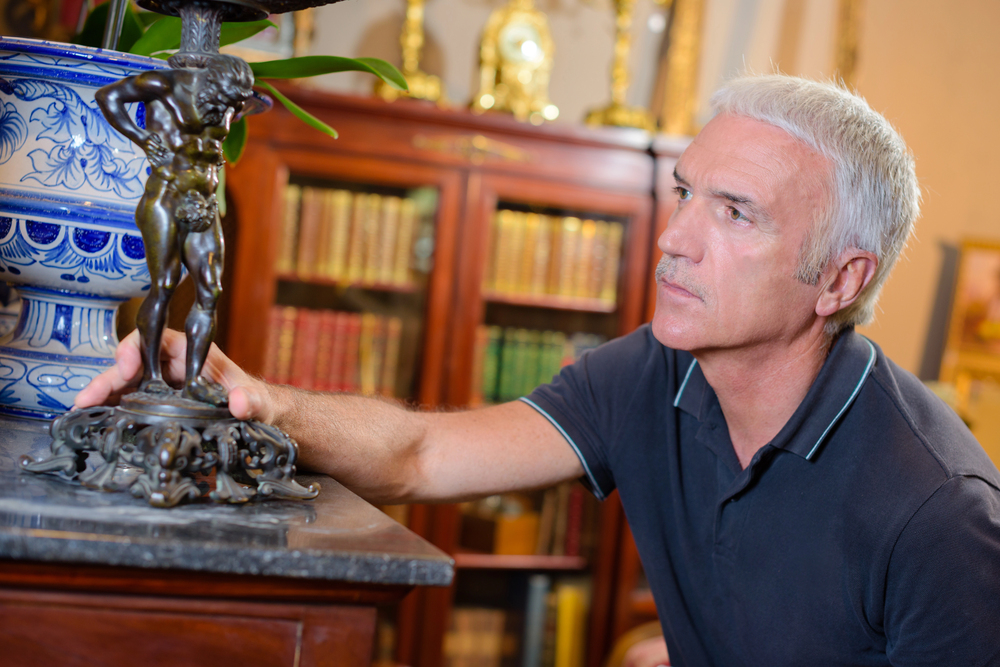
Evaluating the true value of antiques can be a complex task, requiring expert knowledge and experience. To ensure the best outcome, finding quality appraisals for antique can help you understand the true worth of your items, whether for sale, insurance, or estate purposes. Accurate appraisals can significantly influence financial decisions, making it essential to choose a reliable appraiser who can provide detailed and precise evaluations.
Credentials and Experience: Hallmarks of Quality
Selecting an appraiser with the right credentials and experience is crucial for a quality evaluation. A professional appraiser should be certified by a reputable organization, ensuring they adhere to industry standards and ethical guidelines. This certification reflects their commitment to providing accurate and reliable appraisals, critical for homeowners and investors seeking trustworthy valuations.
Experience in the field is equally important, as it demonstrates the appraiser's ability to evaluate a wide range of antiques. An experienced appraiser will have a deeper understanding of market trends and historical significance, allowing them to provide more accurate and informed appraisals. This expertise ensures that you receive a fair assessment of your antique items' value, supporting your financial and estate planning needs.
Understanding Appraisal Standards and Reports
Familiarity with appraisal standards is essential for understanding the quality of an evaluation. A professional appraiser will follow established guidelines, such as those set by the Uniform Standards of Professional Appraisal Practice (USPAP). These standards ensure that the appraisal process is transparent, consistent, and based on thorough research and analysis.
Appraisal reports should be detailed and comprehensive, providing a clear explanation of the appraiser's findings and the basis for their valuation. A well-prepared report will include descriptions, market analysis, and comparable sales data, offering a complete picture of your antique's value. This information is valuable for making informed decisions about selling, insuring, or maintaining your collection.
Asking the Right Questions Before You Hire
Before hiring an appraiser, asking the right questions can help ensure you choose a qualified professional. Inquire about their credentials, experience, and familiarity with the specific types of antiques you need appraised. This information can give you confidence in their ability to provide an accurate and reliable valuation.
It's also important to ask about their appraisal process and the type of report you can expect to receive. Understanding how they conduct their evaluations and the level of detail included in their reports can help you assess their professionalism and expertise. By asking these questions, you can make an informed decision and select an appraiser who meets your needs.
Red Flags to Watch Out for During Appraisal
Being aware of potential red flags can help you avoid unreliable or untrustworthy appraisers. Watch out for appraisers who lack proper credentials or are unwilling to provide detailed information about their qualifications and experience. An unwillingness to follow professional standards or provide comprehensive reports can indicate a lack of professionalism or expertise.
Expert Antique Appraisal Services by Wm. Roland Appraisers
Trust Wm. Roland Appraisers & Estate Advisors for expert art valuation and antique appraisal services tailored to your specific needs. Our professional team offers comprehensive property appraisals, including residential, commercial, and industrial evaluations. We ensure accurate valuations to support your real estate transactions and investment decisions. Rely on Wm. Roland Appraisers for reliable appraisals that meet the highest standards in the industry.